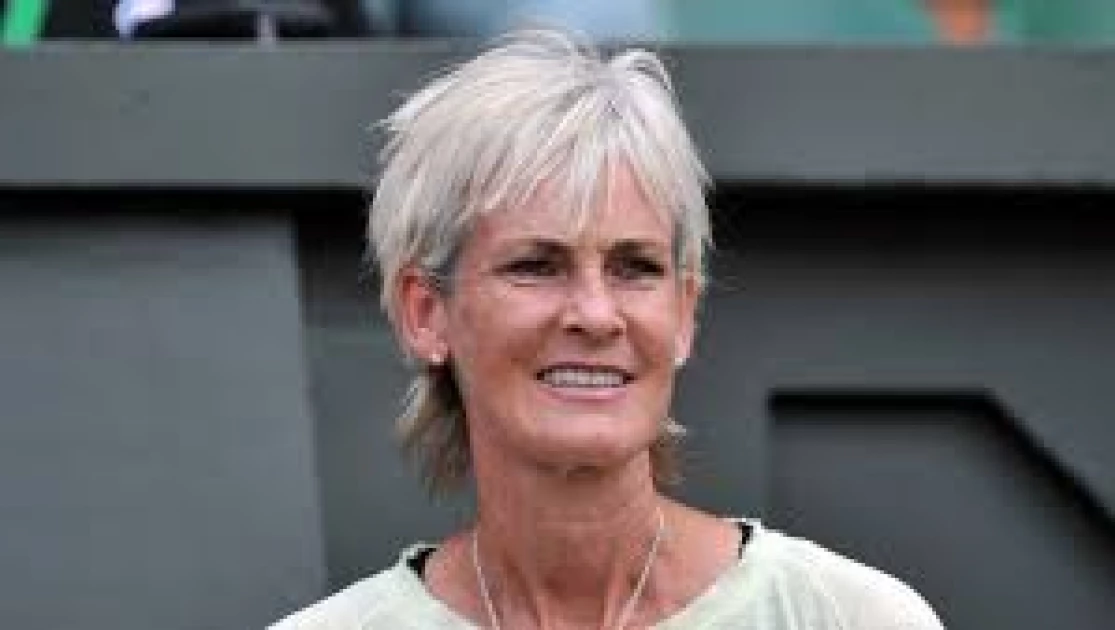Judith Murray, mother to tennis star Andy, calls for holistic approach to talent development

Judith Murray, mother to former tennsi star Andy Murray at a past event

Audio By Vocalize
Renowned tennis coach Judith Murray and mother to retired British tennis star
Andy Murray, has called for a holistic approach to talent development if the
sport is to realize the much sought after growth.
While discussing the development of tennis
talent, Dr. Murray emphasized that success in the sport depends on more than
just facilities. “It’s not just the facilities,” she explained. “It’s access to
like-minded partners, a variety of people to train with and against, and the
ability to access coaches who have a track record in producing players at the
top end of the game.”
She
stressed that having knowledgeable coaches, along with tennis specific fitness
trainers and physiotherapists, is critical to shaping future champions.
Reflecting on her coaching clinics in
Kenya, in an interview with Sporty Monday
programme on Citizen TV, she said: "I didn’t know what to expect in terms
of numbers, ages, and levels, the coaches were quite receptive to me and
appreciative to have someone at a professional level to listen to,” she noted.
This positive engagement, she believes, is vital in nurturing a growing tennis culture in Kenya.

Drawing from her experience with Andy
Murray’s career, the tennis coach highlighted the importance of financial
support in the journey to becoming a tennis star. “You need good funding and
good backing behind you to make all that happen,” she said, pointing out that
only after players consistently succeed on the men’s or women’s tour do they
start attracting sponsorships, which are essential for sustaining a
professional career.
When asked about her advice for young
Kenyan tennis players aspiring to become stars, Dr. Murray emphasized the value
of mentorship. “Find somebody who's been there and done it, who can share their
experiences and help you avoid making bad decisions,” she advised.
Murray at the same time urged Olympic
federations to play a larger role in preparing young athletes for the
challenges of public life and success. “Even if they don’t make it, you need to
equip them with life and business skills that help them survive,” she added,
pointing out the transition from the junior to the professional tour. “The
Junior tour is very much a comfort zone, and as soon as you go into the men’s
or women’s tour, you need to have people who will prepare you for what's
ahead—not only the athlete but also the athlete's family,” she explained.
Her visit to Kenya highlights the potential
of the country’s tennis talent and the need for a strategic, well-rounded
approach to talent development.


Leave a Comment